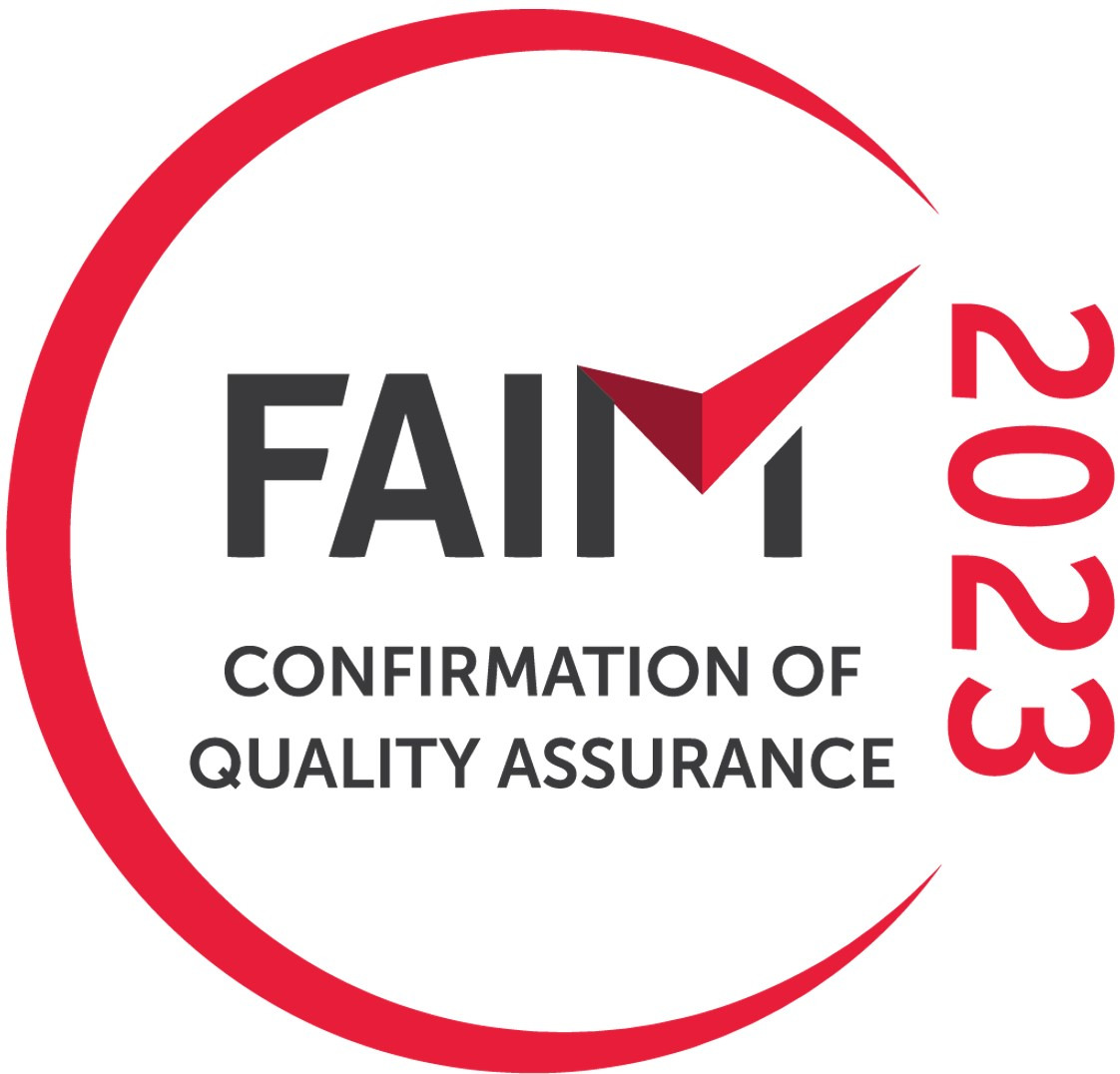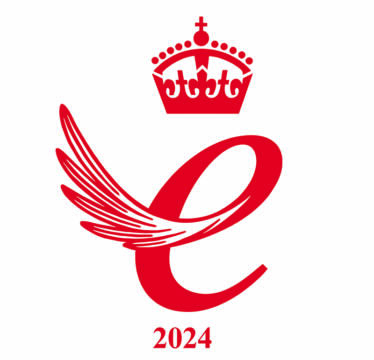Moving abroad with pets
Moving abroad is a big change and takes a lot of advance planning, particularly when you want to take your pet with you. A change of environment can cause stress for your furry friend as well as yourself. That’s why it is important to put measures in place to mitigate these stresses.
Our Guide outlines everything you need to consider before making an international move with your pet, as well as how John Mason’s pet relocation services can help your move go as seamlessly as possible.
What to consider when moving abroad with pets
Research the country’s pet import laws
Firstly, it is important to research and understand the pet import laws of the country you want to move to. Some countries do not allow certain animals to be brought into the country, or certain breeds.
Once you are sure that your pet will be allowed into the country, you should check the country’s general guidelines for moving with your pet. Ask yourself:
- Which vaccines are required for my pet to enter the country? Does my pet already have them?
- Does my pet need to be microchipped?
- Will my pet need to go through a quarantine period before I can take them home?
The regulations you will need to follow will depend on the country you are travelling to, as well as the country you are travelling from.
Consult with your vet
Before moving abroad with your pet, you should consult with your vet. Your vet will be able to advise you about any concerns they might have about your pet making the move abroad, give practical tips on how to prepare your pet for travel, and provide you with a copy of your pet’s full medical records. consulting with your vet also gives you the opportunity to arrange any further treatments that your pet might need to meet the necessary health requirements for the move. For example, your vet can give any vaccinations your pet doesn’t currently have or help sort any prescriptions your pet might need for their journey.
Plan your timings in advance
Planning your timings in advance is important for staying on top of your to-do list, making sure you don’t forget anything, and preventing last-minute stresses. It can take months to prepare your pet for international travel so it is best to start the process early and give yourself plenty of time to sort things out. Our online moving abroad checklist is a great resource for ensuring you have covered all bases for yourself and your pets during the moving process.
Contact your airline
You should consider contacting the airline you plan to travel with to ensure they are pet-friendly and to check their rules for travelling with a pet. Every airline will have its own regulations and processes regarding travelling with a pet, so it is important to familiarise yourself with your airline’s policies to help you best prepare. Your airline will be able to advise you about the maximum size your pet’s travel crate can be, what you need to bring with you, and whether your pet will be allowed in the cabin or if they will have to travel in hold luggage.
Gather the required paperwork
The paperwork you will need to move abroad with your pet will depend on where you are travelling to, where you are travelling from, and which airline you are travelling with. Once you have researched the relevant country’s pet import laws, consulted with your vet, and spoken to your airline, you should create a checklist of all the paperwork you will need to gather.
Examples of the paperwork you might need include:
- Your pet’s vaccine records.
- Evidence of your pet’s full medical history.
- A letter from your vet clearing your pet for travel.
- A pet passport.
- Your pet’s microchip information.
Prepare your pet in advance
Such a big change can be stressful for your pet so it is important to prepare them as best you can in advance of the move. Get an appropriate crate that can be used to transport your pet as soon as possible and introduce them to it slowly. Add blankets, bedding, and toys to make the crate seem more inviting and encourage them to spend time in there with their favourite treats. Acclimatising your pet to the crate will help relieve your pet’s stress and allow them to feel more comfortable when they have to spend hours in it to travel.
Moving dogs overseas
Different types of pets will react to change differently, and this should inform how you prepare your pet for the move. Dogs, for example, become more attached to people than space. Therefore, it is important that in preparation for moving your dog overseas, you take steps to ensure your dog is comfortable spending time apart from you and with unfamiliar people.
If your dog suffers from separation anxiety, you might decide to start crate training as soon as possible. Teaching your dog to associate the crate with being a safe, positive space and getting them used to being left alone in there can help reduce their separation anxiety when flying.
You might also make the extra effort to socialise your dog with unfamiliar people by meeting and greeting them when you are on walks or at the dog park. By building their confidence around new people, your dog will feel more comfortable being handled by airline staff and encountering new sights and smells.
Moving cats overseas
Unlike dogs, cats can become attached to space. You might find that your cat becomes anxious as you start packing your belongings away and making big changes to their comfort zone. If you will be moving with your cat, consider packing up your belongings tactically to try and keep your house as close to normal as possible and reduce your cat’s anxiety.
Cats will also typically have less travel experience than dogs, so it might be helpful to get them used to travelling in their crate by taking them out on short car rides prior to making an international trip.
How John Mason can help simplify moving abroad with pets
John Mason International’s pet relocation and transportation services can help make moving your furry friend to a new country simple and stress-free. Depending on the nature and destination of your move, we generally need between one and six weeks’ notice to arrange everything necessary for your move.
Our pet relocation division helps with exports from the UK and imports to the UK, and will:
- Liaise with you throughout the process of your move.
- Liaise with your vet to discuss the requirements for pets entering your destination country.
- Arrange an examination with our own vet to issue your pet’s fit-to-fly certificate.
- Make all necessary travel arrangements including collection and boarding.
- Provide an airline-approved carrier for your pet if needed.
Pet visa and documentation support
The documentation you will need for your pet to travel will depend on your destination, but you will generally need:
- A microchip.
- Evidence of standard annual vaccinations.
- An Export Health Certificate or fit-to-fly certificate issued by a vet.
Other documentation might include evidence of a valid rabies vaccination, an Import Permit, evidence of a reservation at a quarantine facility and more. These can take six weeks or more to obtain.
At John Mason International, we can help you with all of this. We are happy to explain your destination country’s entry requirements for your pet and assist you and your vet in navigating the complex maze that is international pet travel.
Pet boarding services
Sometimes it is not possible to move abroad with your pet straight away and you might choose to fly them out separately. We can board your pet until you are ready to have them join you in your new home, or we can collect them from a relative’s home, veterinarian, or boarding kennel.
We can also arrange grooming before your pet travels to your destination or after arriving in the UK. We typically recommend this if you are moving somewhere hot or if you would like your pet to freshen up after a long flight!
Moving Pets Overseas with John Mason International’s Pet Relocation Services
Contact us today to learn more about our pet relocation services and how we can help make moving country with your furry friend a reality.















